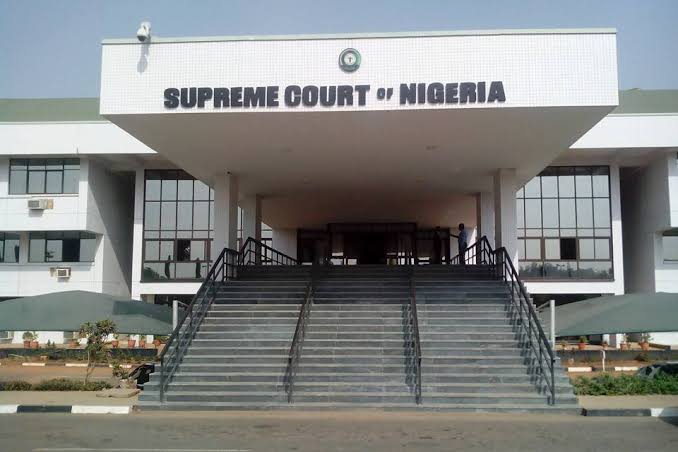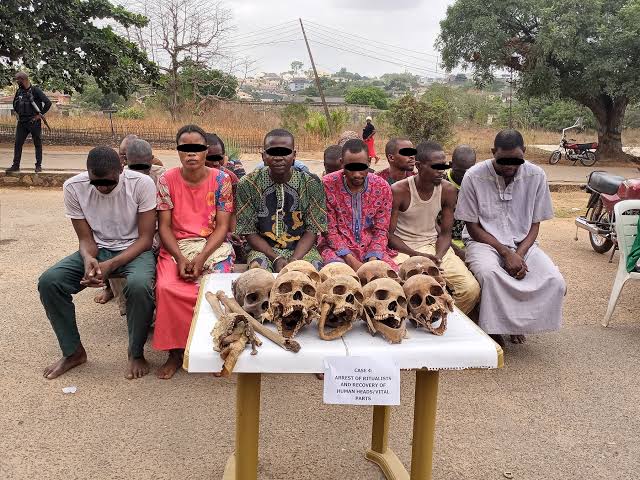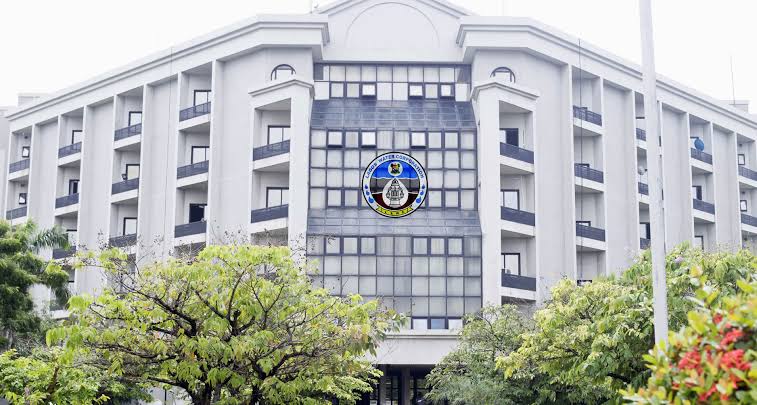
By Chuks Nwachuku
The people are the last resort for the defence of the Constitution and democracy. It has to be recognized by all institutions of Government, including the courts, that the people are also a constitutional institution, and one that is higher than them all. Let us read it from section 14(1)&(2) of the Constitution:
“14. (1) The Federal Republic of Nigeria shall be a State based on the principles of democracy and social justice.
(2) It is hereby, accordingly, declared that:
(a) sovereignty belongs to the people of Nigeria from whom government through this Constitution derives all its powers and authority;”
Without controversy, this is a clear declaration that it is the people as a constitutional institution over and above all other institutions in the country that confer legitimacy on other institutions through the Constitution. Someone would say that this part of the Constitution is not justiciable. That, precisely, is its power. It means that the sovereignty of the people is beyond the interpretation of the courts. No court can by means of interpretation take sovereignty away from the people and vest it on itself. No authority in the land can deign to define the sovereignty of the people. Like God who occupies in relation to creation the status of I am that I am, the sovereignty of the people in relation to the institutions of Government, including the courts, is what it is.
The second thing that we take away from these provisions is that where institutions of Government act contrary to the Constitution, and the courts, for one reason or the other, condone or purport to accord validity to the unconstitutionality, Government thereby loses the authority of the people to govern and accordingly becomes an illegitimate contraption. It will then be up to the people to defend and reassert the authority of the Constitution.
The most basic form of expression of the sovereignty of the people is the exclusive right of the people to confer the right to constitute Government and exercise authority on some people in a free and fair election. Any act by any authority, including the courts, to negate the will of the people in this regard is a direct affront on the sovereignty of the people and renders any Government purportedly so inaugurated lacking in the authority of the people to govern and therefore illegitimate.
In such circumstances, the principles of democracy and social justice, as declared at section 14(1)&(2) reproduced above, require and justify a political action by the people to defend democracy and the Constitution. The act of the people in this regard is inherently lawful as long as it does not involve injury to any individual or property. So long as the action of the people is focused upon the defence of democracy and the Constitution, t is lawful. Law and order reside in the people and therefore the lawfulness of the action of the people, in the absence of unreasonable injury to person or property, is lawful, no matter how robust and may not be questioned by any putative authority within the land, including the courts.
In sum therefore, the popular belief that the courts are the ultimate authority to decide what is legal or valid in the land with regard to who has the mandate of the people to exercise political power in the land, is a fallacy. It does not accord with the tenents of democracy as declared in the Constitution. Indeed, a few men, seven or nine, as we have seen, cannot be entrusted with the onerous responsibility of defending the Constitution and democracy without the support of the people. The people are the backbone of the courts. The courts must therefore have as a given that the people will rise in their defence where they do right by the Constitution and against them where they choose the path of betrayal of the Constitution. It is necessary for the defence of democracy that all institutions, including the courts, understand and appreciate the untrammeled power of the people to defend the Constitution and democracy whenever required.
This therefore is the conclusion of the matter: the last hope of democracy is the people; the last hope of the Constitution is the people; the last hope of the people is the people.
Chuks Nwachuku
April, 2023






